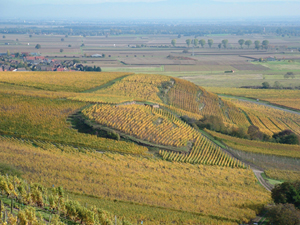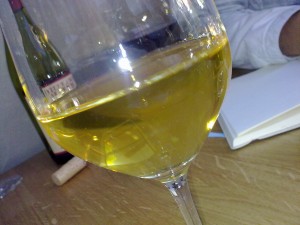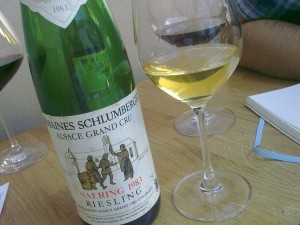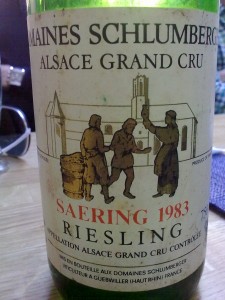Apr 19, 2012
Blind taste that wine again please
I recently had a guest at Jacob’s Bar & Kjøkken. This guest was somewhat of a wine person. This means for the sake of this story that this guest was very wine interested and belonged to a sophisticated wine-tasting group that regularly meets and tastes some pretty darn good, and valuable, wines. They do this in the comfort of their home(s) and are not often seen out and about at the well-known wine spots in the city.
I poured a small taste of something, blind. I had never met this guest, and I am always interested to hear their analysis because it helps me to gauge their knowledge and palate. I returned after a few minutes to hear this guest’s impressions about the splash of wine I had poured. This is always interesting for me, especially with “knowledgeable” people. After the analysis, I poured another small glass… and then another, and then another. One thing struck me about this guest’s comments. On each and every wine, the comment “well, the wine has these balsamic notes, so I assume it’s natural. And these balsamic notes cover the fruit, so it’s very difficult to get the fruit, and therefore analyze the wine correctly to come to any kind of conclusion. ” Of course he knew where he was and also knew the wines would be natural, so no points there.
No, it wasn’t the first time (and it won’t be the last) that I heard such comments. I often hear that it is hard to blind taste natural wines cause they all kind of smell and taste the same. Remember when you first started to taste wines and try to distinguish the difference? They pretty much all tasted similar, right? Until 100’s of wines later, you started to get it…
IMHO, blind tasting natural wines is all about retraining the senses and the brain. Those of us who have studied wine or have been tasting it for years, were very likely taught to blind taste “conventional wines”. I am not making a judgement here about the quality of these wines, just an observation, and actually a fact when it came to my education. And, just like having to train that brain to blind taste that first time, you have to do it again. With some training, you can also begin to blind taste (correctly I might add) natural wines, as I often do.
So, when you are starting to blind taste natural wines, please give it some time and stop saying that you are not able to because it’s natural and it smell like the others. This is nonsense and you know it.



